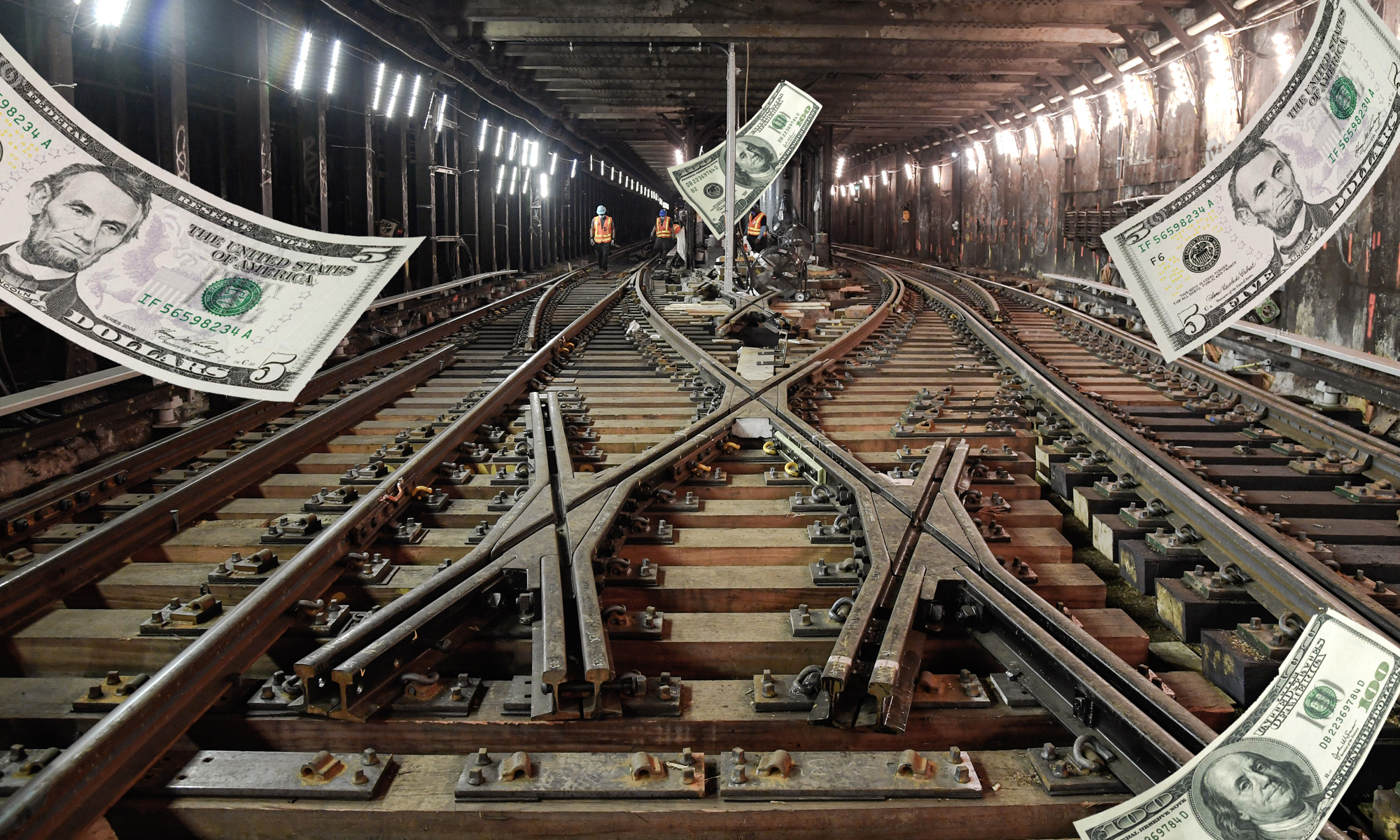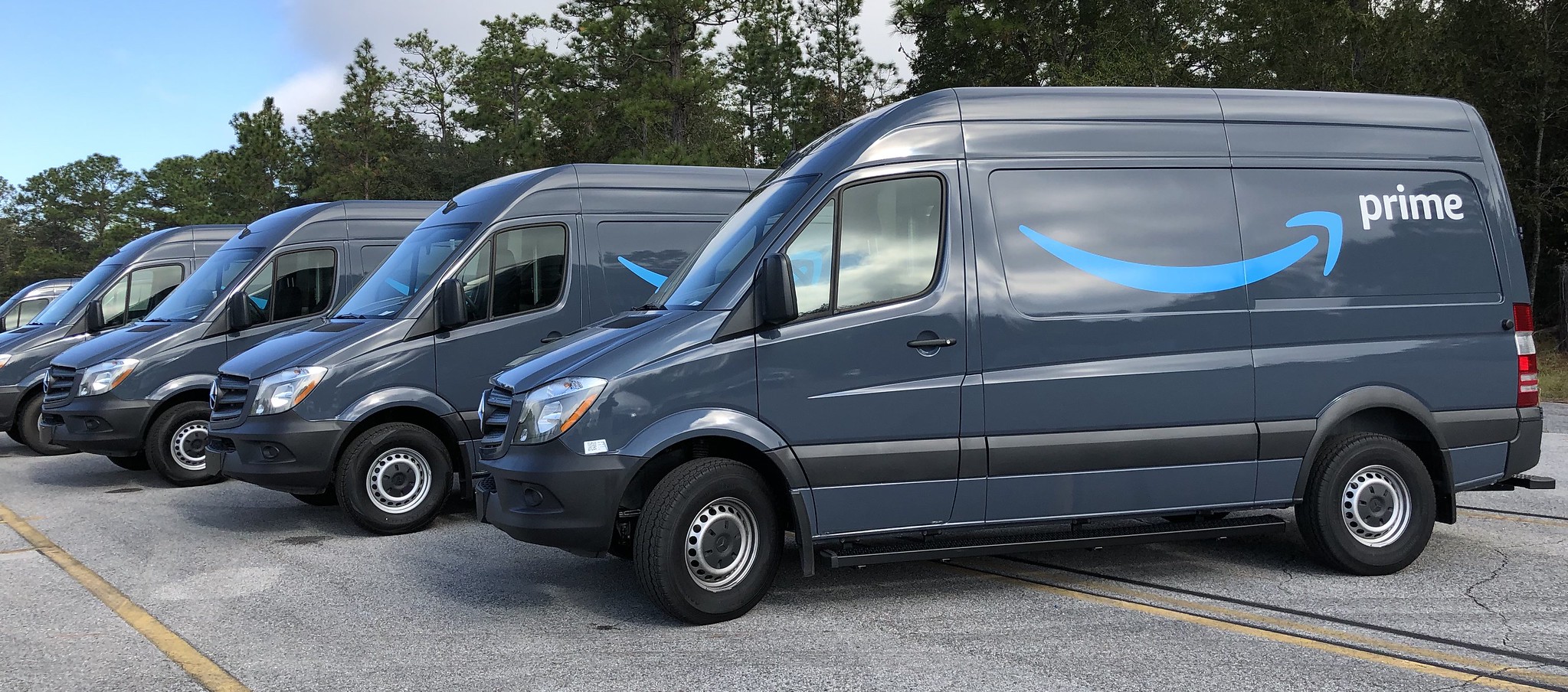Lots of reaction from Streetsblog Network members to yesterday's big transit grant announcement. They're thrilled in Fort Worth and Cincinnati, where the FTA distributed the maximum $25 million for new streetcar lines. They're disappointed in D.C., where the request to fund a streetcar segment linking up with Metro lines was denied. When a billion dollars worth of requests are put forward for $130 million in grant money, not every good proposal will make it through.
A big part of the appeal of these competitive grant programs is that U.S. DOT can use them to advance specific goals, like connecting people to where the jobs are. Michael Lindenberger, a reporter for the Dallas Morning News and Streetsblog Network member, contrasts the performance measures employed by the Obama administration to discarded Bush 43-era criteria that worked against streetcar projects. He reports:
Previously, major transit projects were subjected to a rigorous cost-benefit analysis where success depended almost entirely on whether the money spent produced enough of a mobility benefit for the recipient cities. That meant that transit projects had to draw enough traffic off the crowded urban highways and onto bus and rail to justify the big price tags.
But a drawback of that approach was that it rules out many kinds of downtown projects, including streetcars, because they simply didn't attract sufficient riders to make a difference to the average commute.
So the Obama Administration has given other factors a more prominent place in the transit cost-benefit analysis, and now asks whether a project would spur economic development for its host city. Would it foster land use changes that would add energy to the downtown streets? Would it boost a city's property tax base, or create connections between existing transportation networks, such as rail lines?
These things were on my mind Thursday morning while listening to Transportation Secretary Ray LaHood shout out the praises for streetcars, bus rapid transit and other ideas. I wanted a little extra time with FTA Administrator Peter Rogoff to flesh out the details, and Rogoff kindly called me later to discuss them.
"Part of the problem before was that we couldn't look at the economic development aspect of a (transit) project," said Rogoff, who previously was a top Senate staffer who helped write some of the key transportation legislation over the years. "We were collecting data on those things, but the crux of it was that we weren't doing anything with it."
Elsewhere on the Network: Gateway Streets explains why replacing I-70 in downtown St. Louis with an urban boulevard won't cause the traffic disaster Missouri DOT says it will; EcoVelo reports on a new study confirming that the health benefits of cycling outweigh the risks; and The Dirt digs up the story of a small Maryland town looking to create some seriously green streets.





